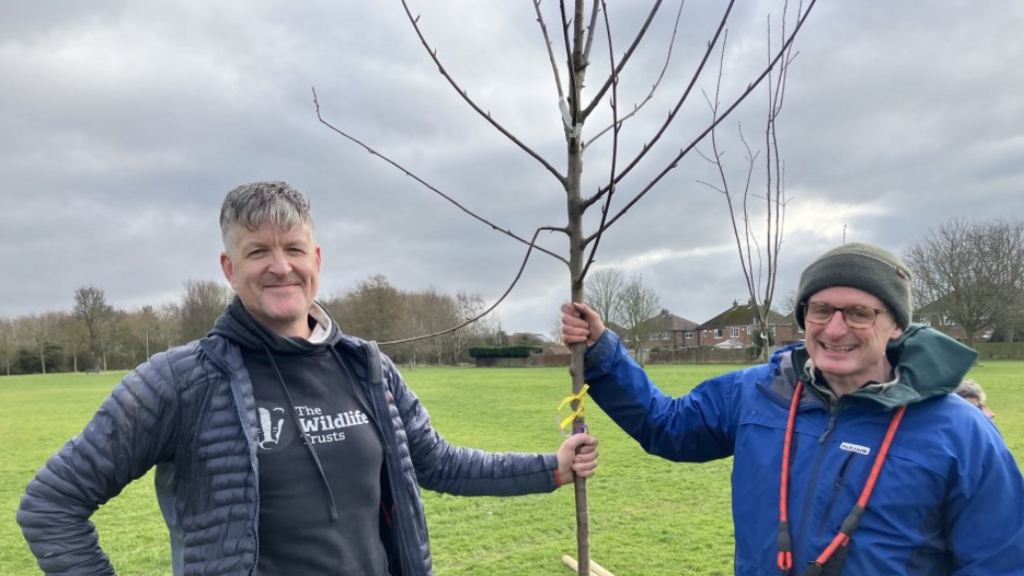River cleaner 'could have cried' over rubbish
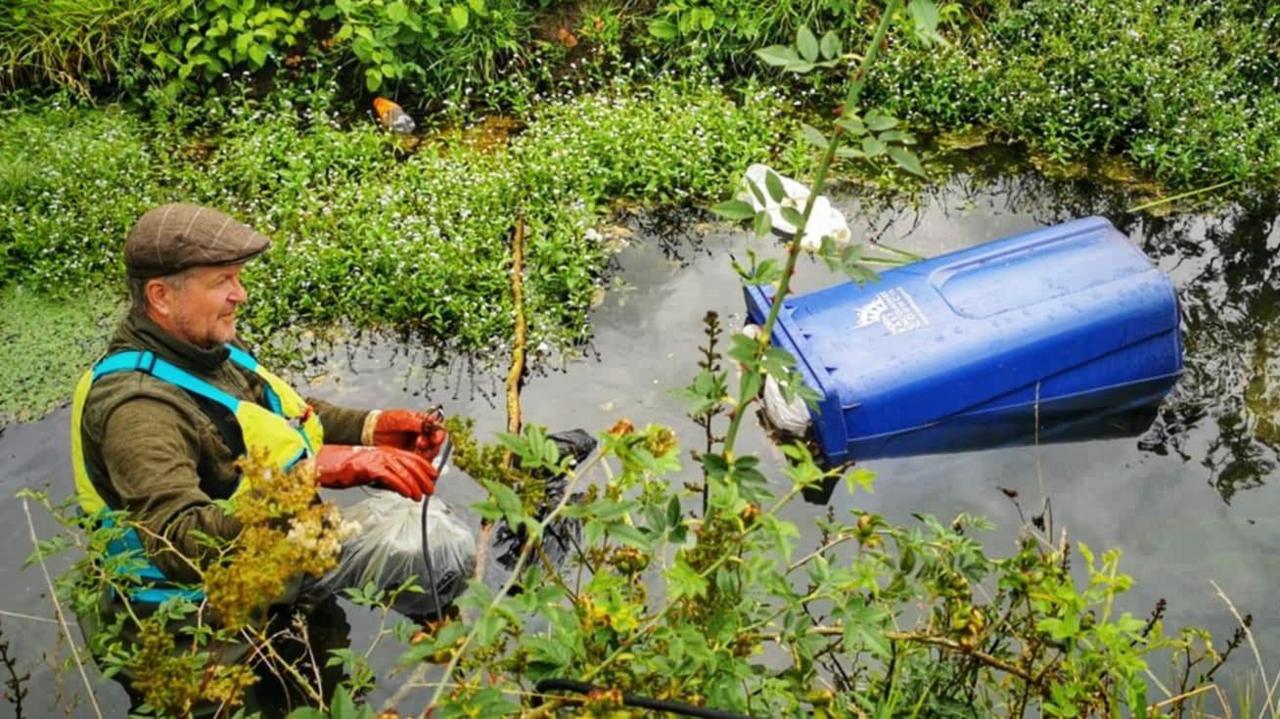
James Elliot struggled to move a wheelie bin full of household waste
- Published
A volunteer says he "could have cried" after finding a wheelie bin full of rubbish, along with other waste, dumped in a waterway.
James Elliot and colleagues also found a large metal trolley rack in the New Cut Drain, near the Willows estate, Grimsby.
Mr Elliot, who is known locally as the Canoe River Cleaner, warned problem littering endangered wildlife and was often worse in the school summer holidays – though he was not convinced children were responsible.
He said he hoped people would learn to "respect" waterways and recognise their beauty.
Mr Elliot, 49, was joined by two fellow volunteers from a group known as the Freshney Comrades, who helped him clean up the mess.
The wheelie bin was so heavy they had to empty it before they could move it.
"You'd be forgiven for thinking it was kids, but this would have been quite a task to pull this 400 yards across fields," he said.
"I don't waste my anger on kids. [They] have got plenty of time to learn to become responsible.
"It's usually the odd trolley, the odd bin. The difference with this one is, this was full of rubbish and it was really heavy."
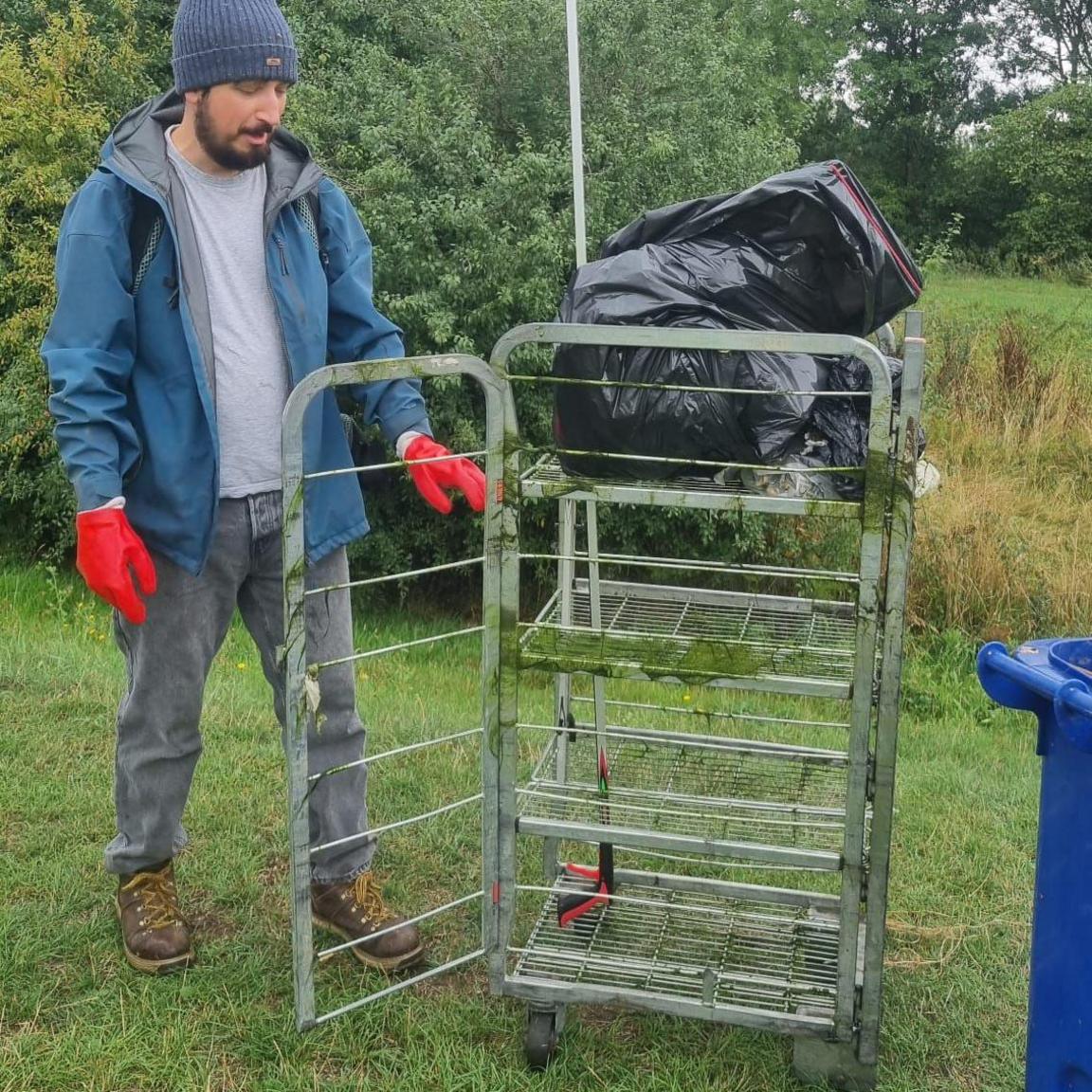
Litter picker Zac Robinson, known as PickWalks, with the dumped trolley rack
The New Cut Drain, which also passes through Wybers Wood, runs close to the River Freshney.
Mr Elliot said the rubbish needed clearing quickly as it could affect local wildlife, including kingfishers and water voles.
Items such as plastic bags in waterways reduced light levels, killed invertebrates and marred the landscape, he added.
But there were positive signs of improvement and "shouting about wildlife", rather than "shouting at people", had led to a reduction in the amount of litter dumped in waterways in recent times.
Mr Elliot, who played in the area as a child, began volunteering to clean up waterways after being made redundant during the Covid-19 pandemic.
On one occasion, he came across a mannequin in the water, which he initially thought was a human body, and on another he found a pedalo.
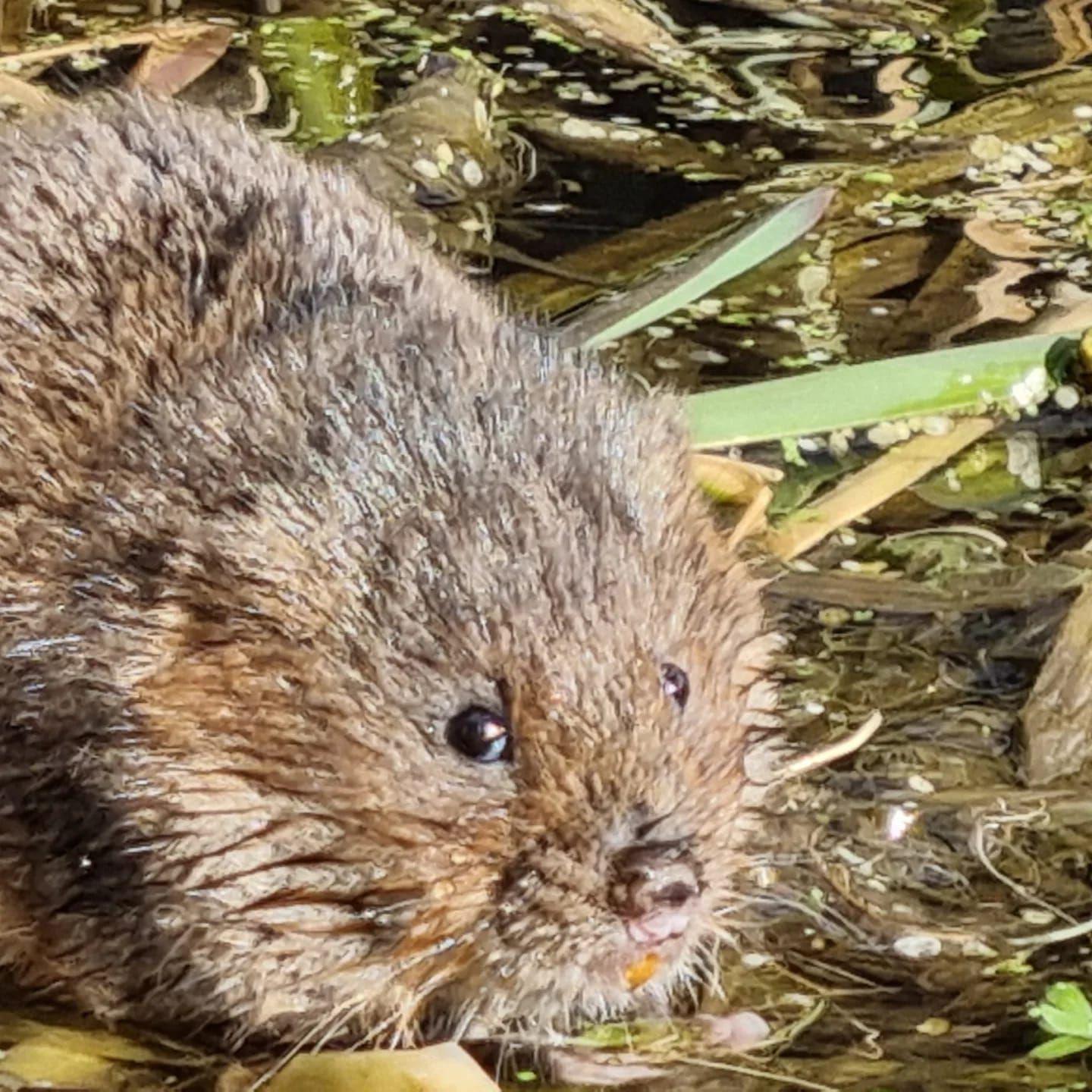
Water voles have been spotted in the drain
A spokesperson for the Canal & River Trust said millions of pieces of plastic ended up in and around watercourses every year.
"Plastic rubbish and litter damages vital waterside habitats, impacts our water quality and endangers species such as aquatic birds, water voles and otters," the spokesperson added.
The Environment Agency, which manages the drain for flood risk, said it had not received any reports of fly-tipping in the watercourse this month.
A spokesperson said its staff would at times remove large blockages and overgrown vegetation from a river where these could increase flood risk.
Listen to highlights from Lincolnshire on BBC Sounds, watch the latest episode of Look North or tell us about a story you think we should be covering here, external.
Download the BBC News app from the App Store, external for iPhone and iPad or Google Play, external for Android devices
Related topics
- Published16 August 2023
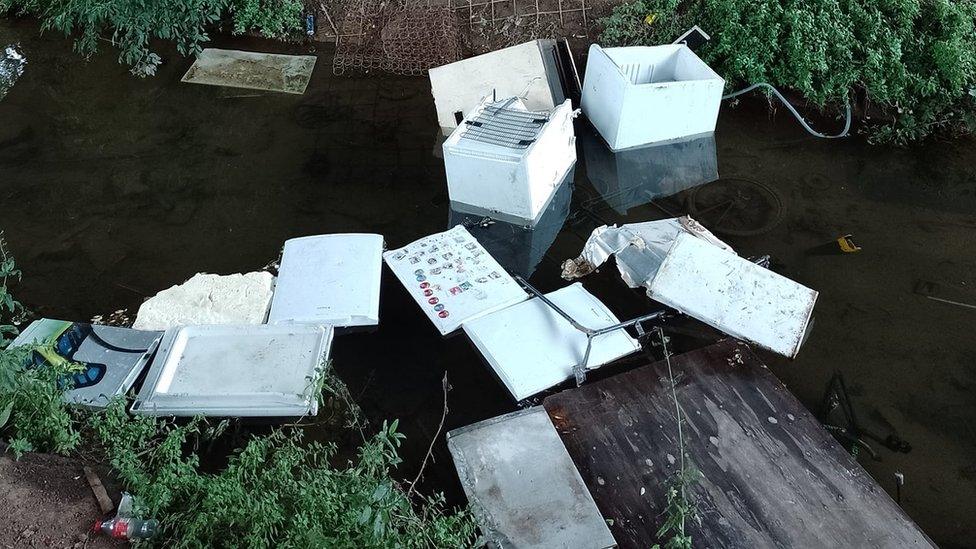
- Published19 October 2022
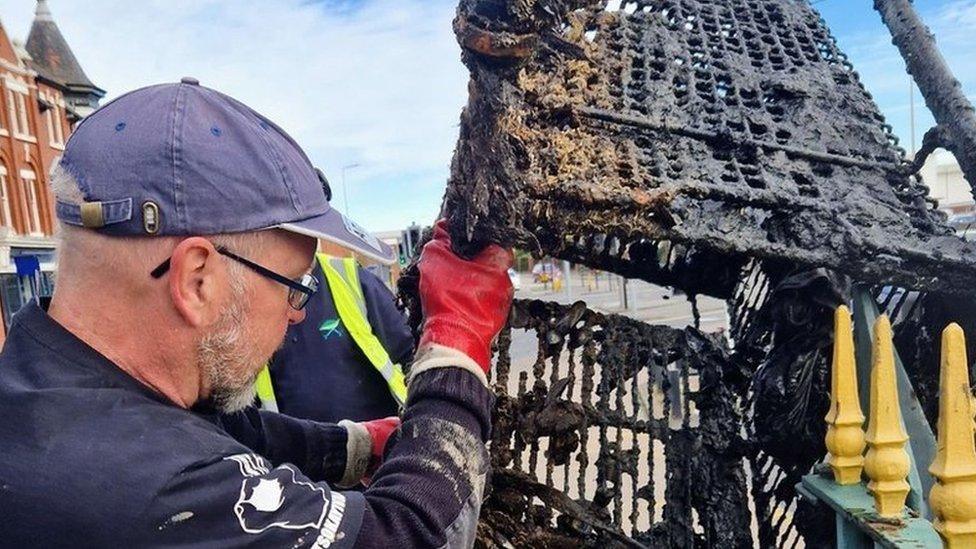
- Published13 November 2024
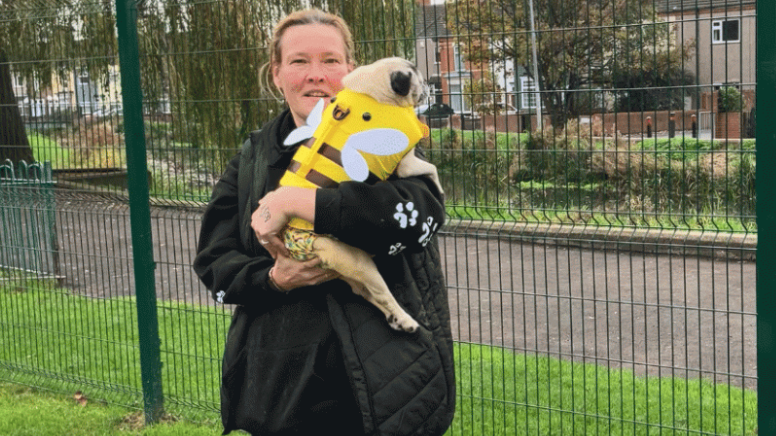
- Published27 February
